Confusing words in the hospitality industry.
For the last 9Years I have been in the Hospitality industry, at last, I get the chance to clear the incertitude of these confusing words in the hospitality industry.
I have seen many both local and foreign tourists complain about how they were conned, the price advertised on the marketing websites is not what they paid upon check-in or even a couple books a twin bed thinking it is a double room.
To make it worse when you check in your dictionary to get a definition of some of these words you become more confused.
I will divulge and disseminate these words in the simplest language possible. Without much ado, let’s delve in and see what hospitality has for us.
Booking Words.
There are several engrossing words while booking a hotel that confuses a lot of tourists and may lead to Miscommunication during booking.
23.) Per Person Sharing.
I BURST in Laughter when I was typing this word. It is one of the most misunderstood words in the hospitality industry.
I used to be a victim too before I joined the industry. The phrase used to get into my nerves.
Meaning: Per Person Sharing simply means, Two people in the same room. For example, If YOU get a quote reading $100 Per person Sharing.
it means each is paying $100 so the room for the two of you will be $100 x 2= $200.
22.) ¾ Adult
This was a first, even when you search online, you will not find it but here. It does exist in the hospitality industry but only a few have a clue of its meaning.
Without much ado, here is the meaning.
¾ Adult means the third bed adult or 4th-bed adult rate. Rates for 3rd adult in a triple room and 4th bed adult in the family room.
Layman`s language: The third or fourth bed in a room, for example, if a twin room(2beds in a room) is $100. If you add the third or fourth bed in the room (this is what we call ¾ Adult Rate)
- Twin Rate $100 (two beds in a room)
- ¾ Adult Rate $40 (Meaning if you add a 3rd bed in the room you add $40 on top of the $100. You add the 4th bed you add another $40.
21.) Full Board, Half Board and Bed and Breakfast
- Full Board: This is Having three meals in a day, Breakfast, Lunch and Dinner.
- Half Board: This is Having two meals a day. Mostly Breakfast and Dinner.
- Bed & Breakfast: This is having breakfast only in a day
20.) All-Inclusive.
All-inclusive means: All the three meals included plus Selected beers, wines, whiskey etc. You drink until you drop. Time to vacay? This is the package to go by, mostly given by hotels on the coastal side (Beaches) however you can also get in some Lodges, camps and uptown Hotels.
19.) Room Service.
This is where you can order your drink, food or anything of the sort and you don`t have to step out of your room. Everything will be at your service. Some hotels offer this for free while others do charge.
18.) Concierge.
They are the ear of the hotel, apart from that they are the ones to organize an escapade or a tour to a National Park from the hotel. They have links via the hotel with tour companies. Just mention where you would like to go and they will be at your service with ease.
Rooms
17.) Twin Bed.
These are two beds 3×6(in most of the hotel, they are that size) 2 beds in one room, in hospitality Industry it implies two people who do not want to share the same bed but are okay sharing a room. This should not be confused with a double room, explained below.
16.) Double Room.
I know almost cliche`everybody knows what is a double room, I enlisted it here because some tourist confuses it with a Twin room. So, a double room is one large bed in a room. Ideal for couples.
15.) Triple Room.
Hospitality industry wouldn’t be complete without a Tripple room. Just like the name suggests, this is a room whereby you will have three beds in one room. Ideal if you are in a budget. They are the most affordable since you are sharing the price in three.
14.) Adjoining Room.
These are two rooms which have a connecting door between them. You can access the next room via a door.
They are ideal for a family. The parents have their room while the kids have theirs. Either can access the other room via the door. Tip: The parents should keep the key to avoid unnecessary surprises.
13.) Suite Room.
They are divided in President Suite, Executive Suite, Honeymoon Suite and Junior Suite. I will not explain each because they all look alike the main difference is size.
Suites in hospitality industry simply mean they have a bedroom and a resting place. It could be more than two bedrooms; it is more of a house whereby you have a sitting room and bedrooms.
12.) Murphy Room.
A Murphy Room: This is a room which has a Sofa Bed or a Murphy bed (A bed that folds in and out of the wall or closet) It can be changed to a living room during the day and a bedroom at night (Kitanda Toka, Kitanda rudi)
Types of Hotels.
Hotel is an establishment that offers accommodation, meals and other services for travellers, revellers and tourists. They are classified differently as we shall unearth them below.
11.) Resort.
This is a luxury establishment designed for vacationers and it is usually located near special attractions like in the beach, seashores, Scenic places or Historical Destinations. It gets to my nerves whenever I see hotels named resorts for the sake of fanciness of the name.
10.) Motel
These are the hotels located in the highways or roadside primarily for motorists who need to take a break after or doing a long drive. It has sufficient parking area for the vehicles.
9.) Boutique Hotel
If you are in the Hospitality industry, you will have people consult with you what’s a boutique Hotel.
This is a small but stylish establishment which has 10 – 100 Rooms setting with an individualized selling point.
It distinguishes itself from those chain group of hotels by providing more personalized services and accommodation.
8.) Lodge
Local and foreign Tourist confuse Lodge with a Tented Camp (Explained below) Now, a lodge is made of Stonewall, Wood or concrete structures.
Unlike the urban hotels where all rooms are under one building, Lodges are individually built and each room stands on its own.
Built-in Ensuite Bathrooms with hot showers and a swimming pool. They range from Midrange to luxury.
7.) Tented Camp.
The word Camp, tend to confuse many in the hospitality industry and tourists, please note a tented camp is not those tents you pitch on the ground while camping.
This is a well tented large Safari tent. They are large with well-built in Ensuite bathrooms. Ranging from budget to Luxury.
Since most of them are not fenced, after dark/Dinner you will be accompanied to your room. A swimming pool is unlikely not to miss.
6.) The Campsite.
This is where now you pitch a tent on the ground, no buildings just cleared space for camping.
The site has ablution (set block for Bathrooms, Toilets etc.) Most in Kenyan Parks have hot Showers. If you are a solo traveller you are most likely to find other campers on site.
One thing I like about camping, you will connect to nature more than anyone else. When it comes to authentic and unapparelled experience in the wild, this is the way to go.
Please note: In National Parks and Reserves you will only find Lodges, Tented Camps or Campsites.
Some are located inside (Pricier) while the rest are just near the Main Gate entrance to the Park. So, Which of the options are you booking on your next Safari?
What is the difference between these words in the Hospitality Industry?
There are numerous confusing words in the hospitality Industry which sound and look almost the same but they are different like day and night, here are the words.
5.) King Vs Queen Size Beds.
You may have been confusing these two words in the hospitality industry, but not anymore. King size and Queen Size bed are almost the same.
However, the width is the only main difference. King Size Measures width of 76 Inches while Queen measures 6o inches.
4.) Restaurant Vs Hotel
Restaurants offer food and drinks in exchange for money whereby a hotel offers accommodation for a long or short term.
Some hotels have restaurants in their Establishment. In a Restaurant, you eat, drink but no accommodation.
3.) Jacuzzi Vs Sauna
Well, these two words bring perplexity in Hospitality Industry Sauna uses steam to induce perspiration from your skin in an enclosed space.
The walls and benches are mostly made of wood. The perspiration boosts your blood flow. A Jacuzzi, on the other hand, uses warm aerated water and is fitted with a whirlpool.
Also known as a bathtub, they can be located inside or Outside a Room.
2.) Safari Vs Adventure
These two words are quite common in the Hospitality Industry; however, they are different as much as they may seem the same thing.
A Safari is a Swahili word meaning journey or travel. A While back Safari was referred to as a trip to Africa to hunt the game but now it only means to go, view and photograph wildlife in Africa.
While on the other hand Adventure involves adrenalin oozing and it is addictive, I am addicted not a month can go by without adventure. It involves something Scary for example Zip lining in the Forest. or Gp Karting in Nairobi, Kenya
1.) Vacation Vs Holiday.
This is another two Confusing words in the hospitality industry. However, they are like day and night, let’s see how?
Holiday; This is the day there is no work nor schools everyone is home; this includes days of National celebrations like Independence Day. It also happens during religious days like Christmas and Ramadhan.
Vacation; This is when you take your days off and travel to a destination away from home mostly at the beach without much movement, just relaxing enjoying your moment. The keyword is away from home.
The main reason why people confuse the two words is that many go on a vacation during the holiday period.
Did I leave any word you would like to be added in the list? Please let me know in the comment section.
Also Read-:

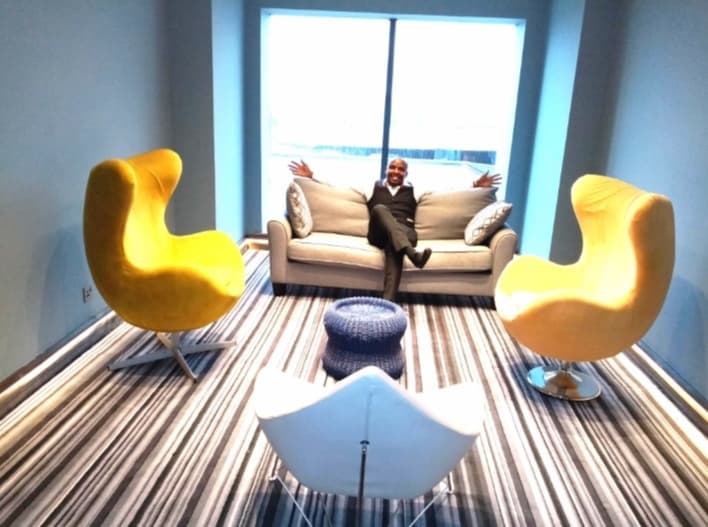
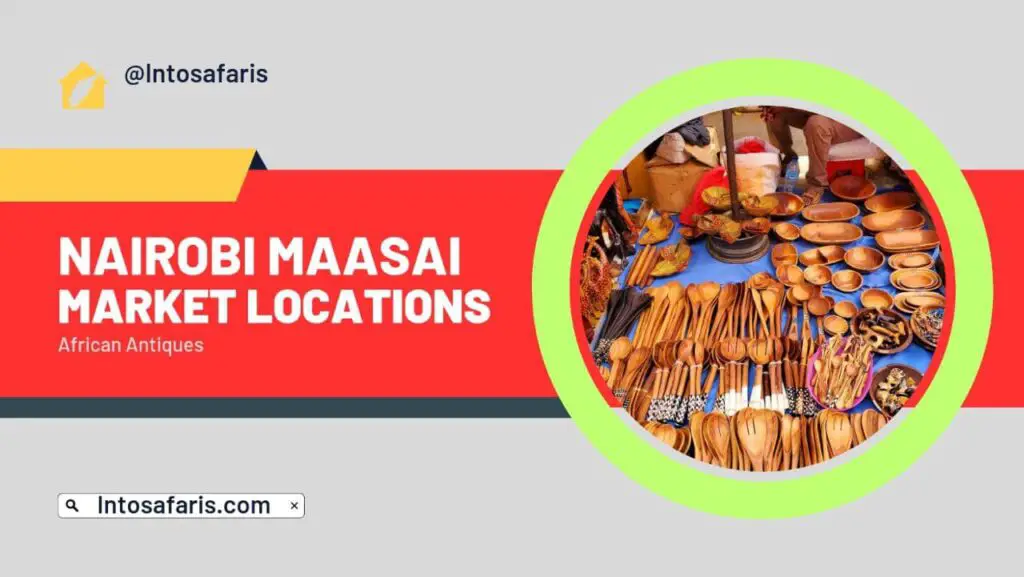
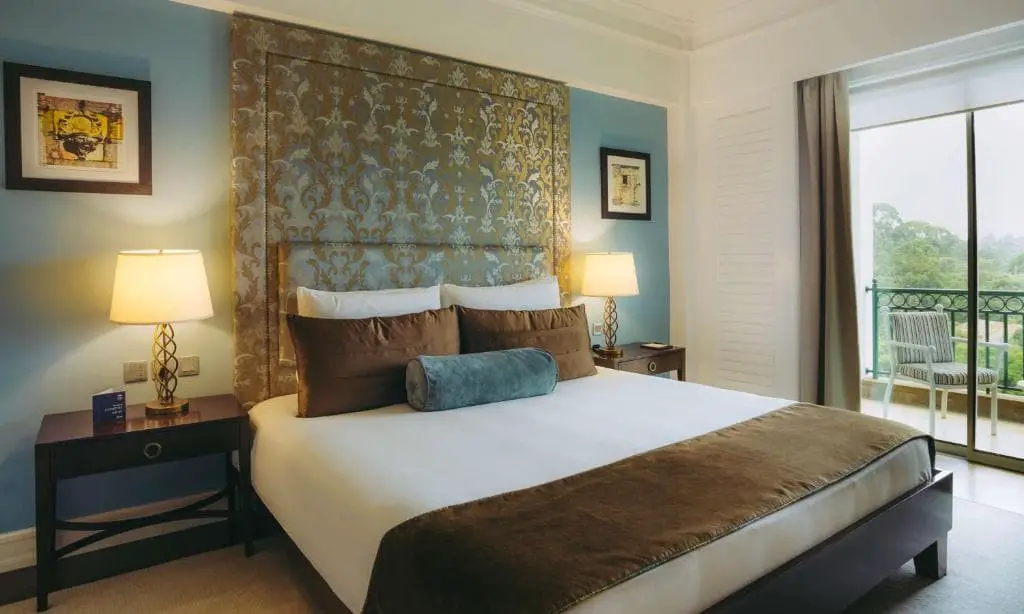
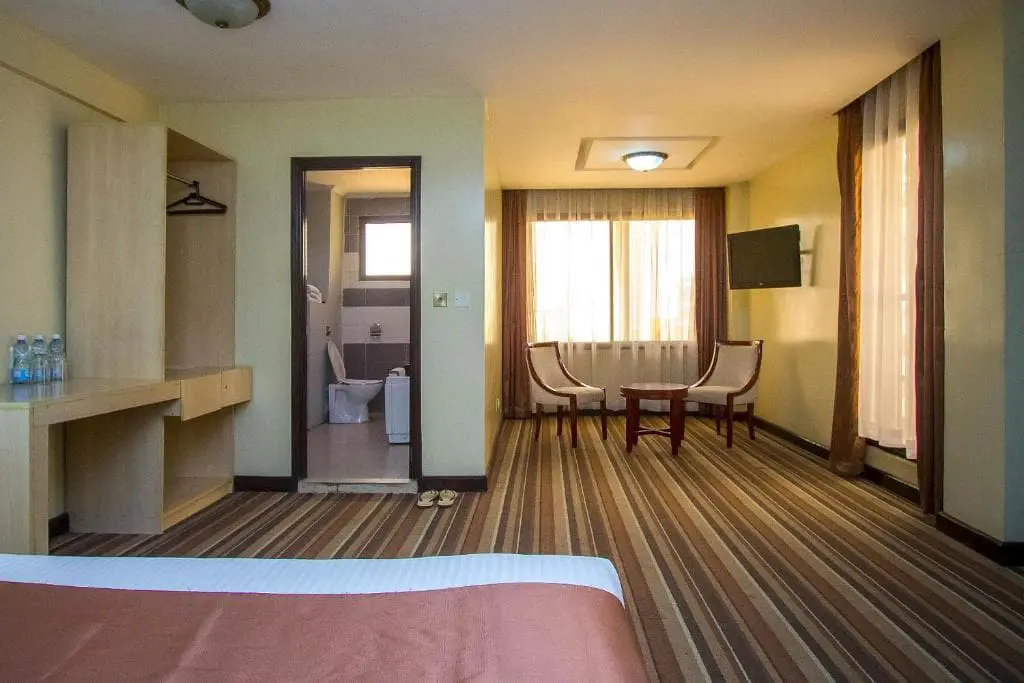
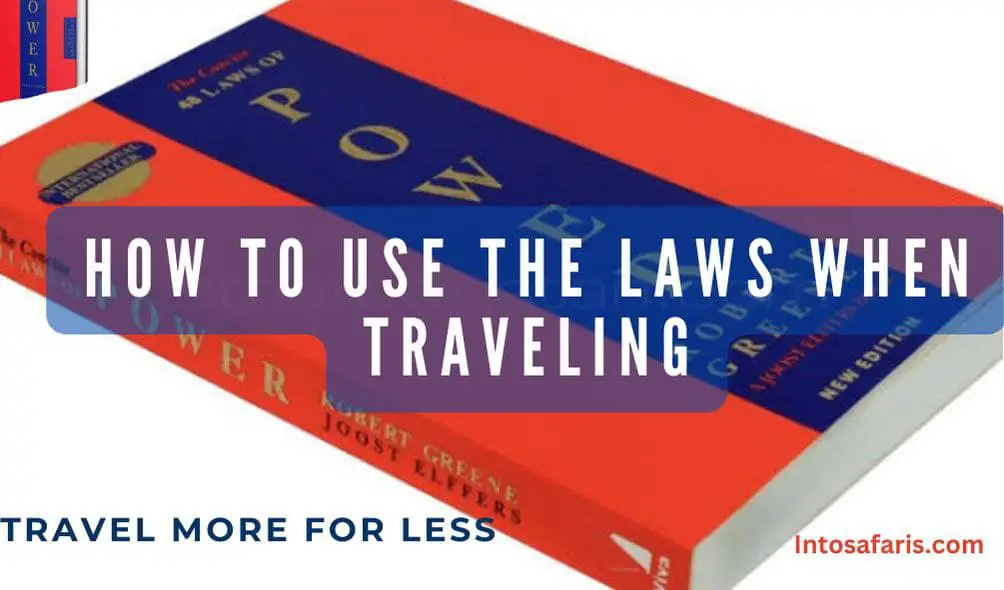
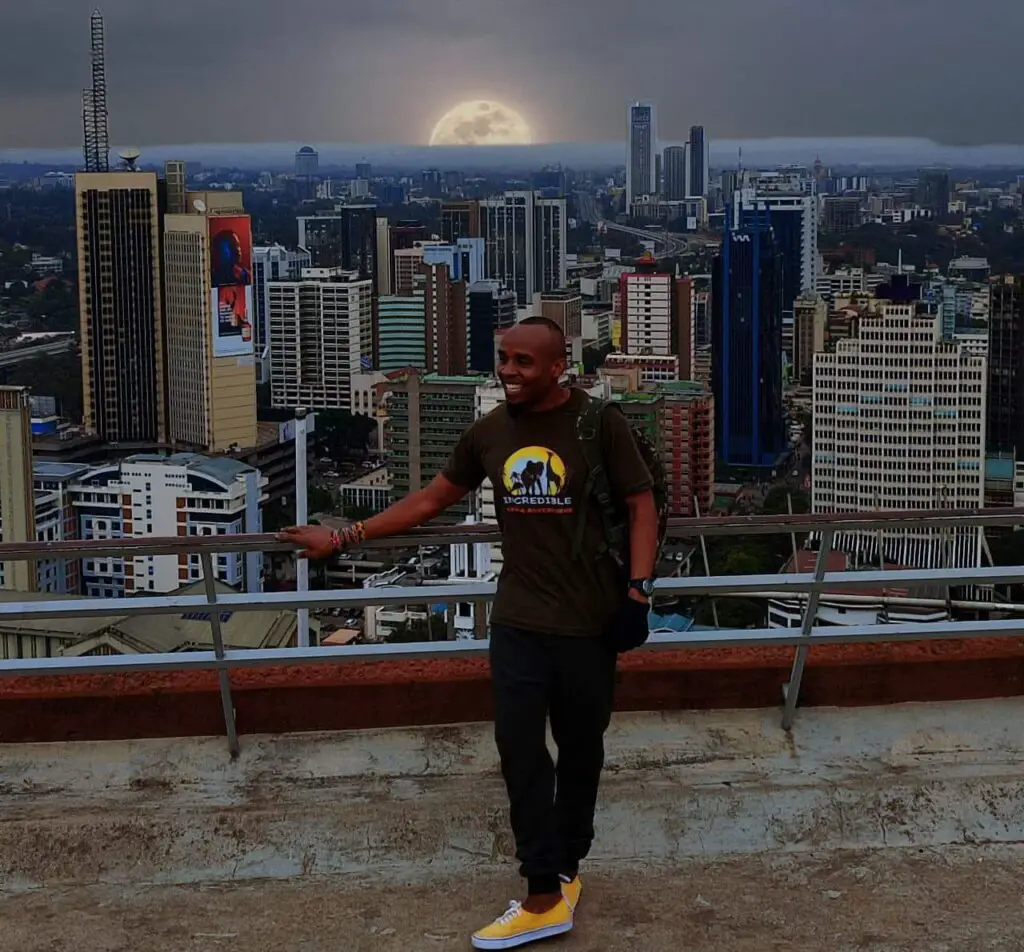

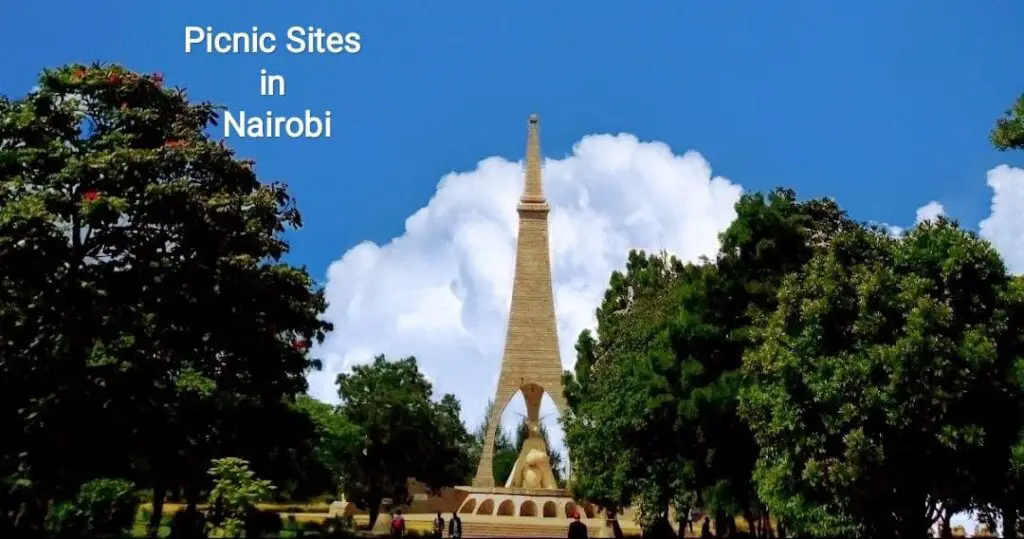


So informative. Thank you
Thank You Patrick
I love the great info
Thank You, Dominic
I love the insight.Thengiu
Thank you Michael